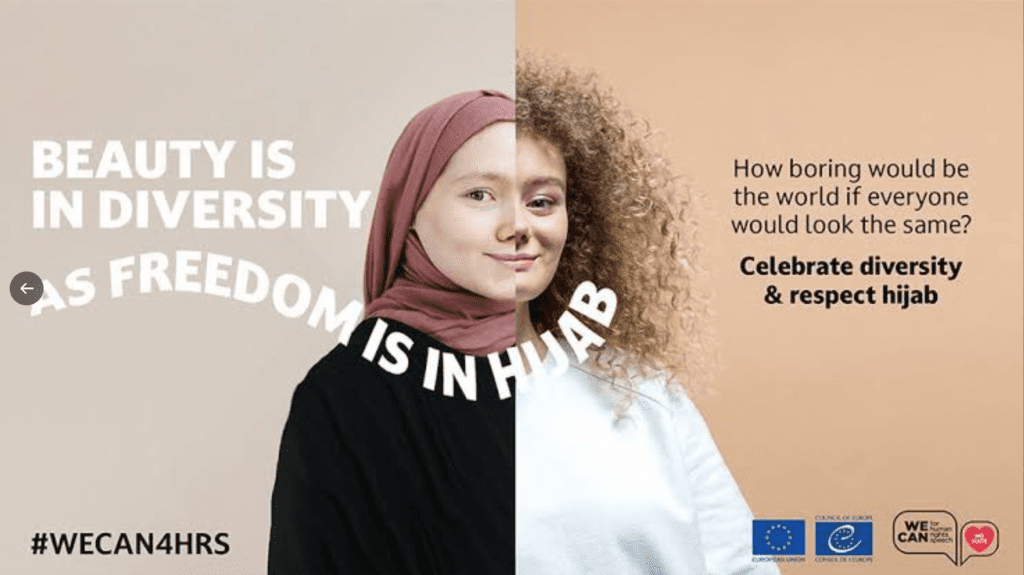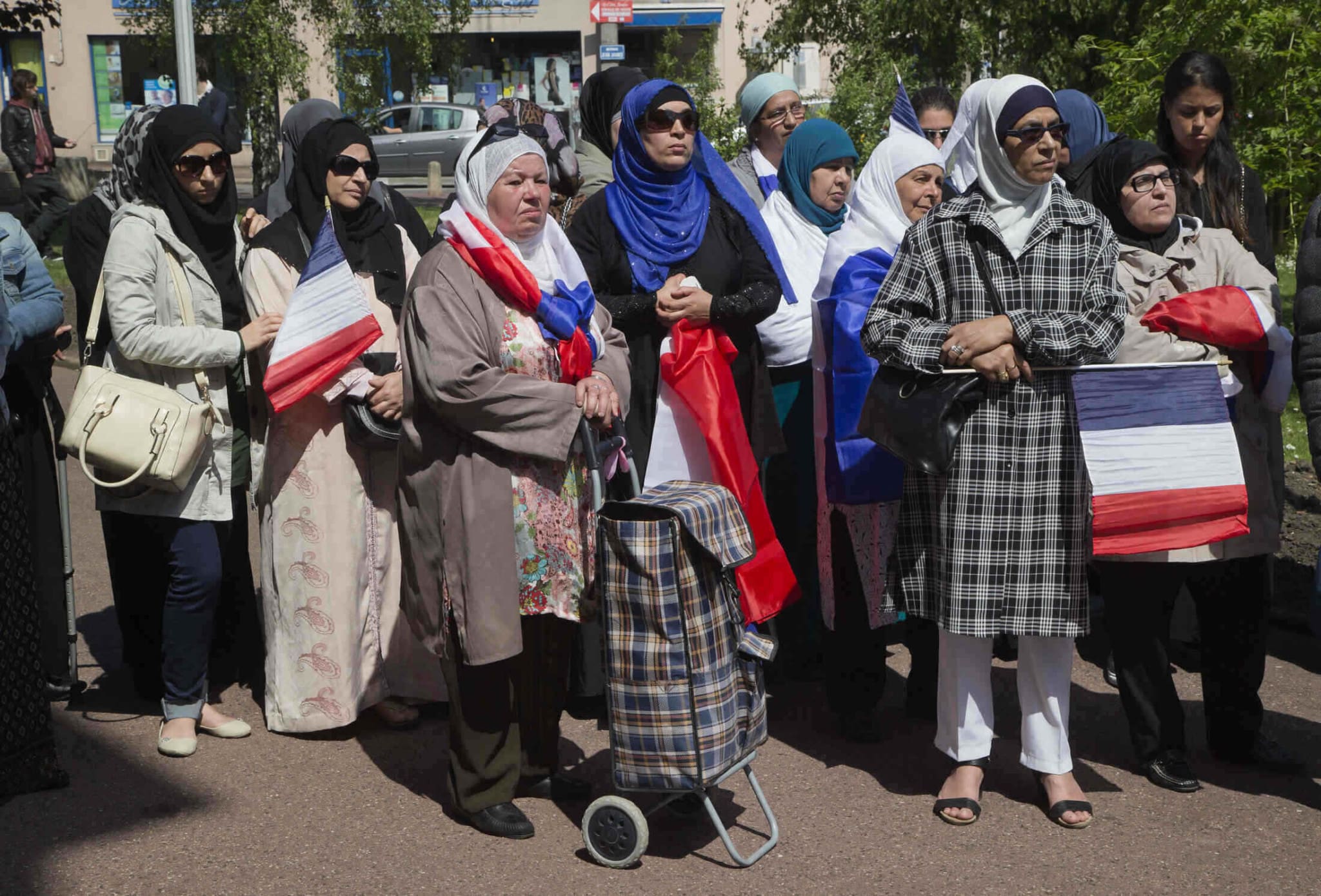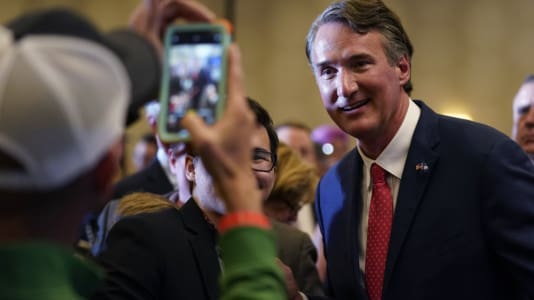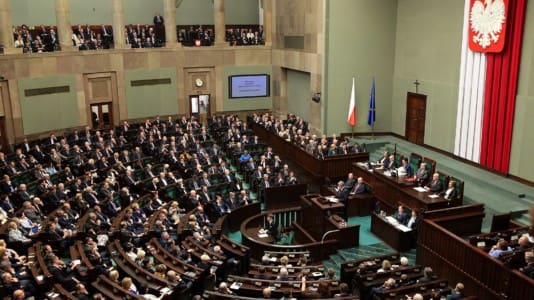Following harsh criticism in France, the Council of Europe has withdrawn its Twitter campaign to promote diversity by depicting women wearing the hijab, the characteristic clothing accessory of Muslim women. According to a number of top French politicians, the campaign contradicted the principle of freedom of opinion and was an assault on secular values.
In the photos, which were still available online on Wednesday morning, there were collages of women in headscarves and without them. The illustrations always showed half of the face of each of these variants. The slogan was “freedom is in hijab,” accompanied by the text: “How boring would the world be if everyone would look the same? Celebrate diversity and respect the hijab.”

The campaign appeared on social media last Thursday and did not arouse much response at first. However, a passionate discussion about the ads broke out in France, where wearing a headscarf has been a very sensitive topic for about 30 years. In addition, political campaigns are in full swing in France ahead of the April presidential election, where the main themes are identity, Islam, and migration.
“Promoting the wearing of a headscarf as part of the expression of identity – this position is opposed to the position of freedom of belief that France defends in all international forums. We expressed our disagreement, this campaign was withdrawn,” wrote French Deputy Minister of Education Sarah El Haïry on Twitter.
“Of course, we defend freedom of belief, secularism, religious freedom, but this video does not defend it; this video defends the hijab as an element of identity,” El Haïry told the LCI TV station.
The French government also distanced itself from the campaign through its spokesman Gabriel Attal. According to him, France is the only country that has called on the Council of Europe to withdraw the campaign, about which the French government was not informed about in advance and which it does not agree with.
Following the Paris allegations, the Council of Europe withdrew the campaign, saying it would look for a more appropriate way to present the project to promote diversity. The Council of Europe is cooperating with the European Commission on the project.
The European Union paid €340,000 for the anti-hate speech project, a spokesman for the European Commission told the DPA news agency. Before judging the whole project, people have to look at all its parts, the spokesman said.





